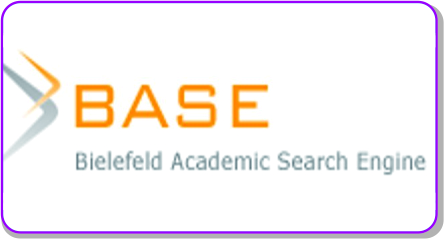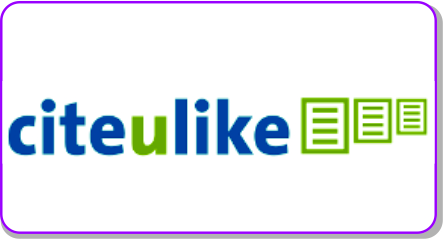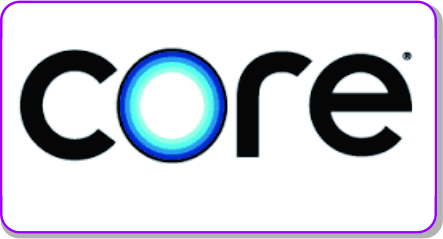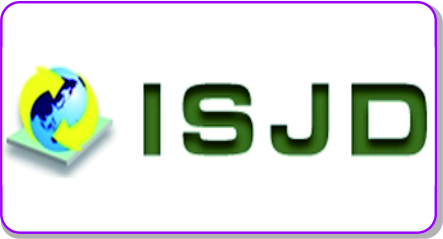PENERAPAN PENDEKATAN KONSTRUKTIVISTIK DALAM PENDIDIKAN BAGI ANAK USIA DINI DALAM RANGKA PENINGKATAN KUALITAS PEMBELAJARAN
DOI:
https://doi.org/10.30983/educative.v1i2.161Abstract
Abstract Education is a conscious effort made by adults to change behavior for the better and meaningful way. Changes in behavior should be taken seriously by the continuous efforts through meaningful learning. Meaningful learning will be able to make changes on the cognitive, affective and psychomotor aspect. The three domains of educational objectives will be able to be reached, with active learning model that is being done to construct their own knowledge through learning activities designed. Constructivist learning is learning which is able to change the old style of teaching a of a teacher who has always played an active role into a style of teaching where the teacher acts as a facilitator to enable students to learn on their own, learn to interact in a group, being able to responsible for achieving the results of individual learning, by providing guidance and facilitate student learning. Keywords: Quality of Learning, Constructivistic Approach, Early ChildhoodDownloads
Submitted
Accepted
Published
Issue
Section
License
Authors who publish with this journal agree to the following terms:
1. Authors retain copyright and grant the journal right of first publication with the work simultaneously licensed under a Creative Commons Attribution License that allows others to share the work with an acknowledgment of the work's authorship and initial publication in this journal.
2. Authors are able to enter into separate, additional contractual arrangements for the non-exclusive distribution of the journal's published version of the work (e.g., post it to an institutional repository or publish it in a book), with an acknowledgment of its initial publication in this journal.
3. Authors are permitted and encouraged to post their work online (e.g., in institutional repositories or on their website) prior to and during the submission process, as it can lead to productive exchanges, as well as earlier and greater citation of published work (See The Effect of Open Access).





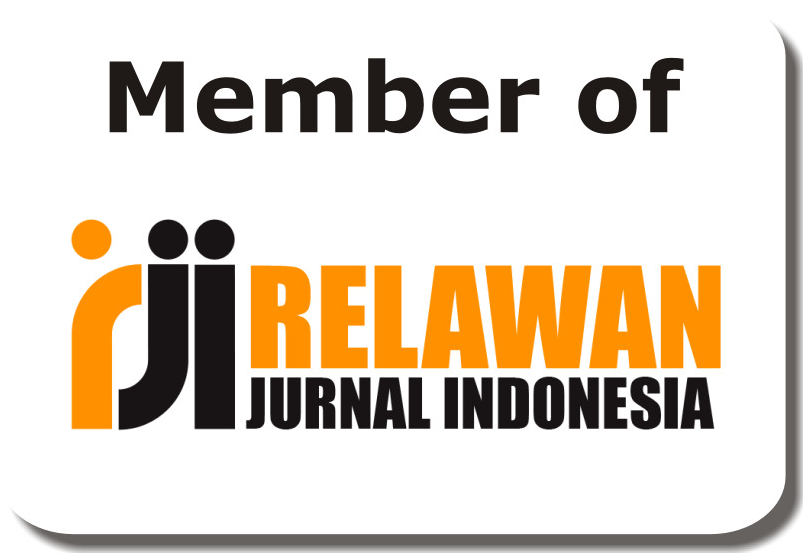





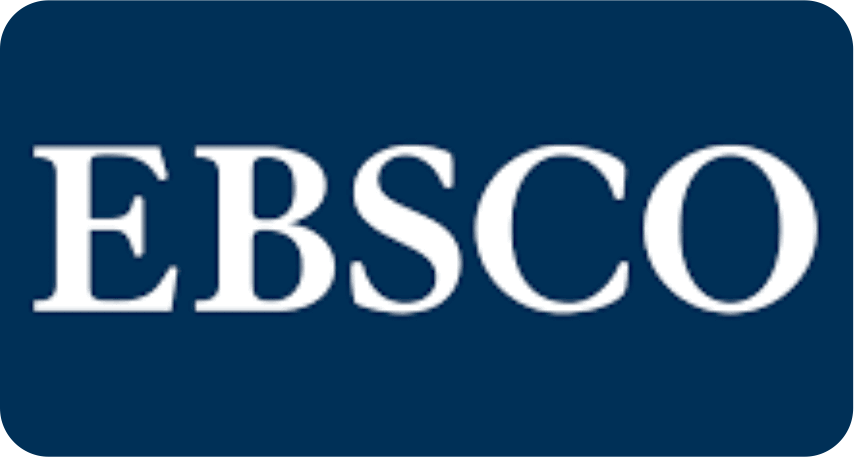






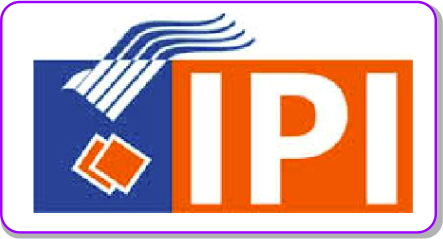 Â
 
